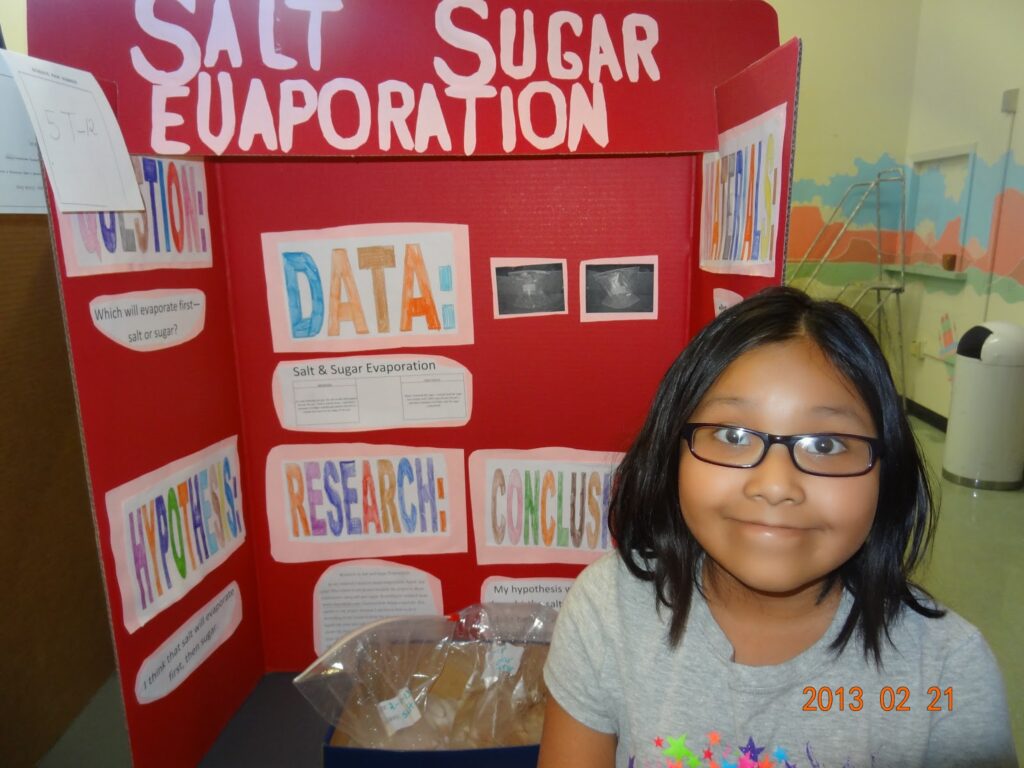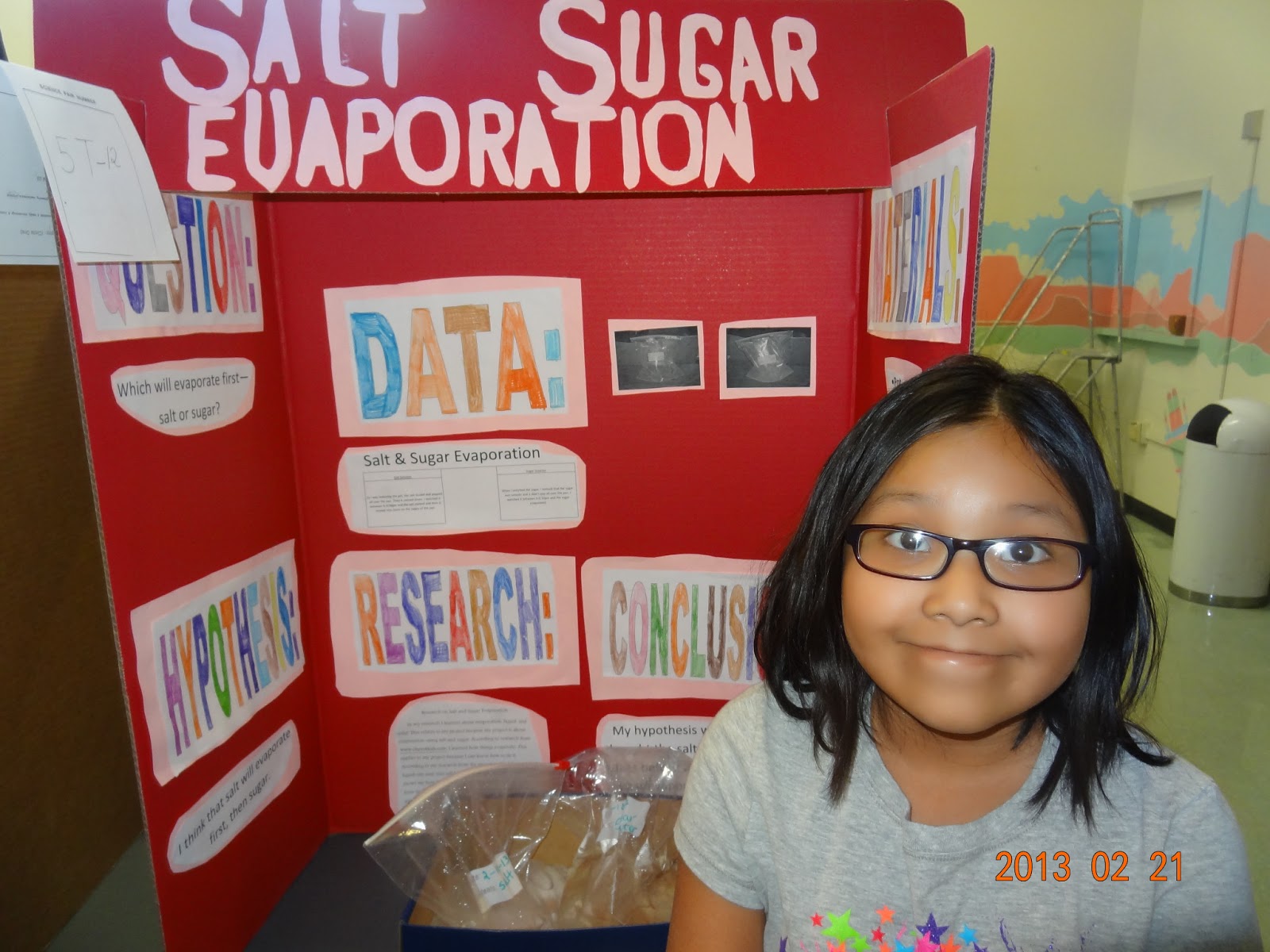
Unlocking Success: A Comprehensive Guide to 4th Grade Mastery
Fourth grade marks a significant transition in a child’s academic journey. It’s a year of increased complexity, new concepts, and a greater emphasis on independent learning. Navigating the challenges of 4th grade successfully requires a combination of effective study habits, parental support, and a solid understanding of the core curriculum. This guide aims to provide a comprehensive overview of what students, parents, and educators can expect, offering strategies and resources to ensure a positive and productive 4th grade experience.
The 4th Grade Curriculum: A Deep Dive
The 4th grade curriculum typically encompasses several key subjects, each building upon the foundations laid in previous years. Understanding the specific expectations in each area is crucial for both students and their families.
Mathematics
In 4th grade math, students delve deeper into multiplication and division, often working with larger numbers and multi-digit problems. They also begin to explore fractions, decimals, and geometry. Key concepts include:
- Multiplication and division with multi-digit numbers
- Understanding and comparing fractions
- Introduction to decimals
- Basic geometric shapes and concepts (area, perimeter)
- Problem-solving with real-world applications
To support your child’s math learning, encourage them to practice regularly, use online resources like Khan Academy, and look for opportunities to apply math concepts in everyday situations. For example, involve them in measuring ingredients while baking or calculating distances during a road trip.
Reading and Language Arts
4th grade reading focuses on developing comprehension skills, expanding vocabulary, and analyzing literary texts. Students are expected to read longer and more complex passages, identify themes, and understand character development. Writing skills are also emphasized, with a focus on grammar, sentence structure, and paragraph organization. Key areas include:
- Reading comprehension strategies (identifying main ideas, making inferences)
- Vocabulary development
- Writing narrative, informative, and opinion pieces
- Grammar and punctuation
- Research skills (using reliable sources)
Encourage your child to read a variety of genres, discuss books together, and practice writing regularly. Consider starting a book club with friends or family members to foster a love of reading. [See also: Tips for Improving Reading Comprehension]
Science
4th grade science introduces students to a broader range of scientific concepts, often covering topics in life science, physical science, and earth science. Hands-on experiments and inquiry-based learning are common approaches. Expect to see topics such as:
- Ecosystems and food chains
- The human body
- Energy and matter
- Weather and climate
- The solar system
Support your child’s science learning by conducting simple experiments at home, visiting science museums, and watching educational documentaries. Encourage them to ask questions and explore their curiosity about the natural world.
Social Studies
4th grade social studies often focuses on history and geography, particularly the history of the United States. Students learn about significant events, historical figures, and the development of American society. They also explore geography concepts and map skills. Common topics include:
- U.S. history (colonization, the American Revolution, westward expansion)
- U.S. geography (regions, landmarks, resources)
- Civics (government, citizenship)
- Map skills (reading maps, using coordinates)
Enhance your child’s social studies learning by visiting historical sites, reading biographies, and watching documentaries about U.S. history. Discuss current events and encourage them to think critically about the world around them. [See also: Making History Engaging for Kids]
Strategies for Success in 4th Grade
Beyond understanding the curriculum, there are several strategies that can help students thrive in 4th grade. These include developing effective study habits, seeking help when needed, and fostering a positive attitude towards learning.
Developing Effective Study Habits
4th grade is a crucial time to establish good study habits that will serve students well in the years to come. Here are some tips:
- Create a dedicated study space: A quiet and organized area free from distractions.
- Establish a regular study schedule: Set aside specific times each day for homework and review.
- Break down tasks into smaller steps: Avoid feeling overwhelmed by tackling one small piece at a time.
- Use active learning techniques: Instead of passively reading, try summarizing information, creating flashcards, or teaching the material to someone else.
- Take breaks: Short breaks can help maintain focus and prevent burnout.
Seeking Help When Needed
It’s important for students to feel comfortable asking for help when they are struggling. Encourage your child to:
- Ask questions in class: Don’t be afraid to speak up if something is unclear.
- Seek help from the teacher: Schedule time to meet with the teacher for extra support.
- Work with a tutor: A tutor can provide individualized instruction and help address specific learning gaps.
- Collaborate with classmates: Working together can help students learn from each other.
Fostering a Positive Attitude Towards Learning
A positive attitude can make a significant difference in a student’s academic performance. Help your child develop a growth mindset by:
- Praising effort and perseverance: Focus on the process of learning rather than just the outcome.
- Encouraging a love of learning: Make learning fun and engaging by connecting it to their interests.
- Celebrating successes: Acknowledge and celebrate their achievements, no matter how small.
- Helping them learn from mistakes: View mistakes as opportunities for growth and learning.
The Role of Parents and Educators
Parents and educators play a vital role in supporting 4th grade students. Open communication and collaboration are essential for ensuring a child’s success.
Parental Involvement
Parents can support their child’s learning by:
- Staying informed: Attend school events, read newsletters, and communicate regularly with the teacher.
- Creating a supportive home environment: Provide a quiet study space, encourage reading, and limit screen time.
- Helping with homework: Offer guidance and support, but avoid doing the work for them.
- Monitoring progress: Check in regularly to see how they are doing and address any concerns promptly.
- Encouraging a healthy lifestyle: Ensure they get enough sleep, eat nutritious meals, and engage in physical activity.
Educator’s Role
Educators can support 4th grade students by:
- Creating a positive and engaging learning environment: Make learning fun and relevant to students’ lives.
- Providing clear and consistent expectations: Ensure students understand what is expected of them.
- Differentiating instruction: Tailor instruction to meet the individual needs of each student.
- Providing regular feedback: Give students timely and constructive feedback on their progress.
- Communicating with parents: Keep parents informed about their child’s progress and any concerns.
Addressing Common Challenges in 4th Grade
While 4th grade can be a rewarding experience, it can also present some challenges. Being aware of these challenges and having strategies to address them can help students stay on track.
Increased Academic Rigor
The increased academic demands of 4th grade can be overwhelming for some students. To help them cope:
- Break down assignments into smaller steps.
- Encourage them to ask for help when needed.
- Provide extra support and practice in areas where they are struggling.
Social and Emotional Development
4th grade is a time of significant social and emotional development. Students may experience:
- Increased peer pressure
- Difficulty managing emotions
- Concerns about fitting in
Help them navigate these challenges by:
- Teaching them social skills and conflict resolution strategies.
- Encouraging them to talk about their feelings.
- Providing a safe and supportive environment.
Test Anxiety
Standardized testing becomes more prevalent in 4th grade, which can lead to test anxiety. Help your child manage test anxiety by:
- Preparing them thoroughly for the test.
- Teaching them relaxation techniques.
- Emphasizing that their worth is not determined by their test scores.
Resources for 4th Grade Success
There are numerous resources available to support 4th grade students, parents, and educators. These include:
- Online learning platforms: Khan Academy, BrainPOP
- Educational websites: Education.com, ABCya!
- Tutoring services: Sylvan Learning, Kumon
- Books and workbooks: Scholastic, Carson Dellosa
- Parent-teacher organizations (PTOs)
Conclusion
4th grade is a pivotal year in a child’s education. By understanding the curriculum, developing effective study habits, and fostering a positive attitude towards learning, students can unlock their potential and achieve success. Parents and educators play a crucial role in supporting students throughout this journey. With open communication, collaboration, and access to the right resources, 4th grade can be a rewarding and enriching experience for all involved. The key is to approach the year with a growth mindset, embracing challenges as opportunities for learning and development. Remember that every child learns at their own pace, and celebrating individual progress is just as important as achieving academic milestones. Embrace the journey, and help your 4th grade student thrive!

